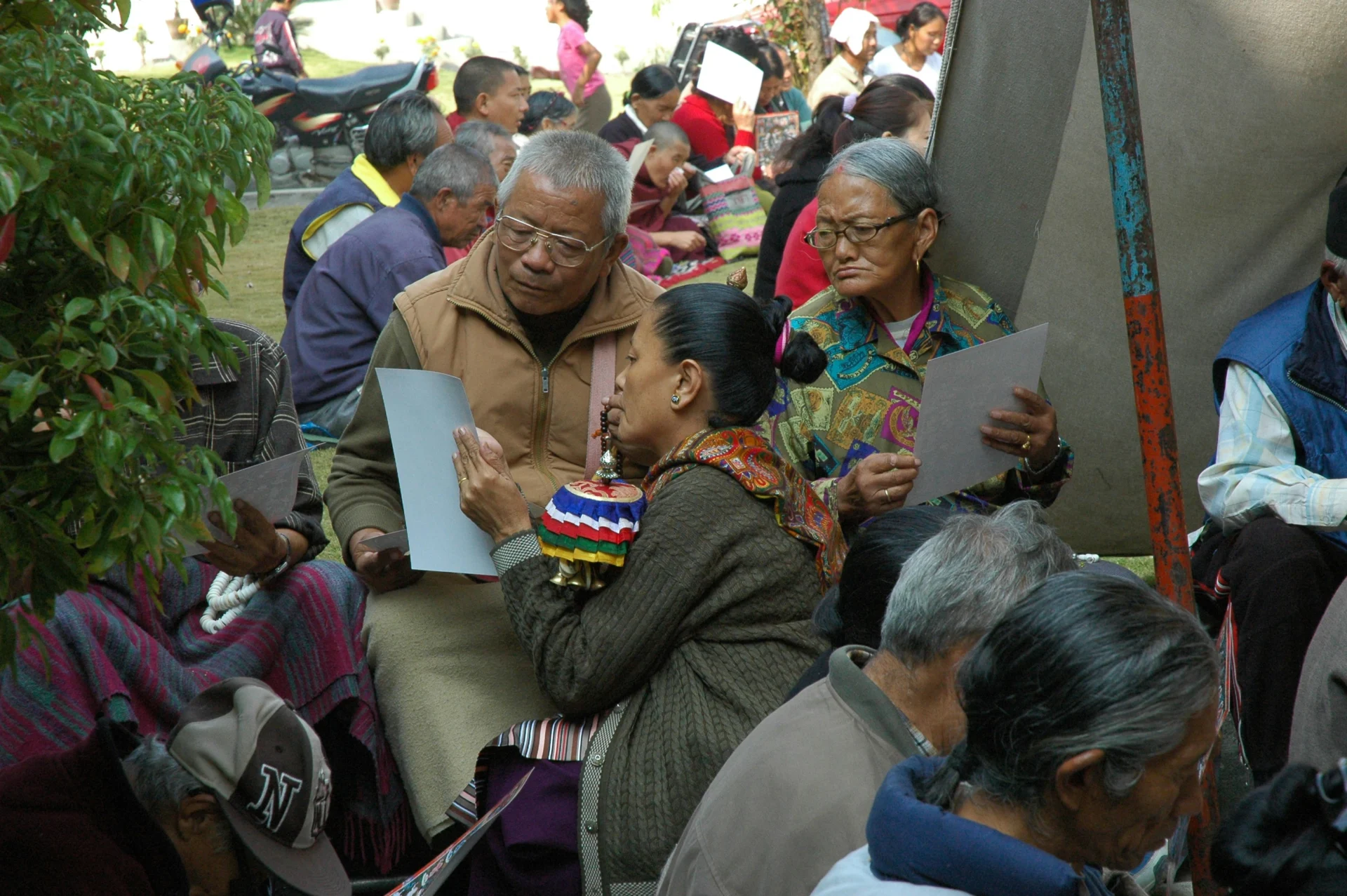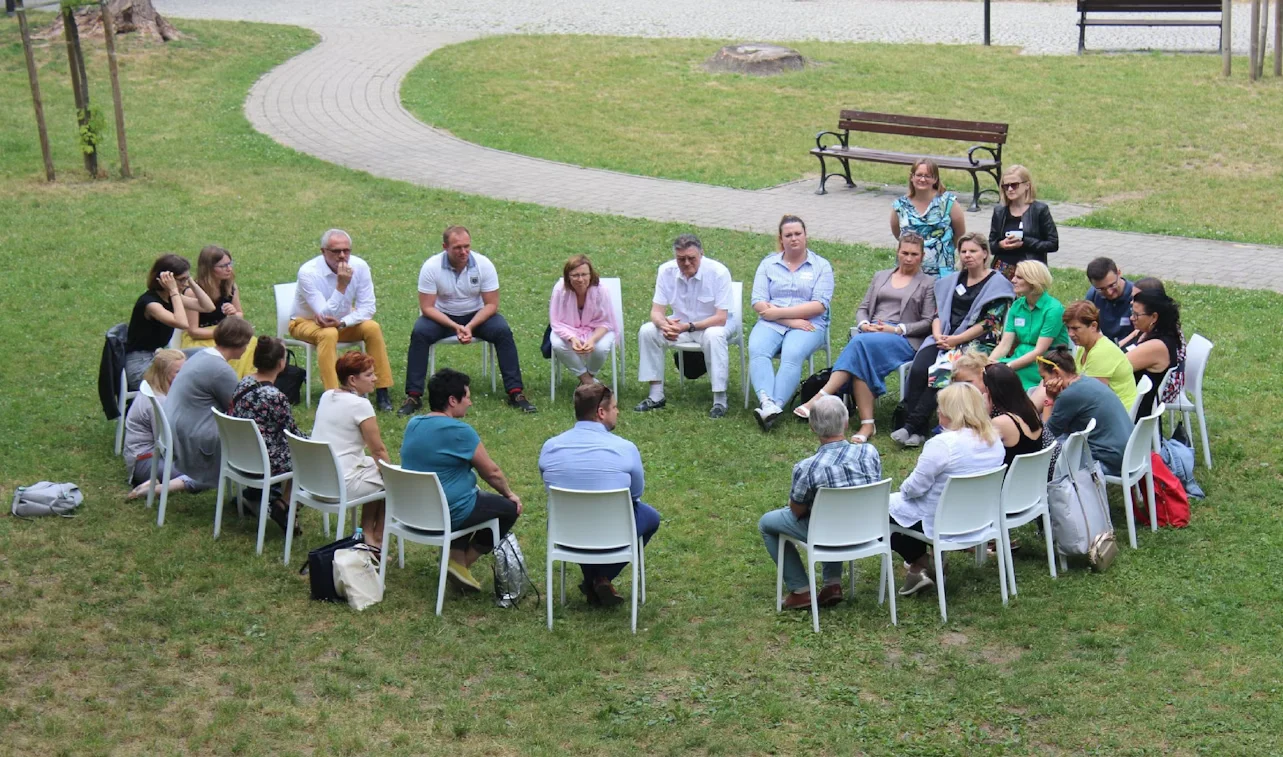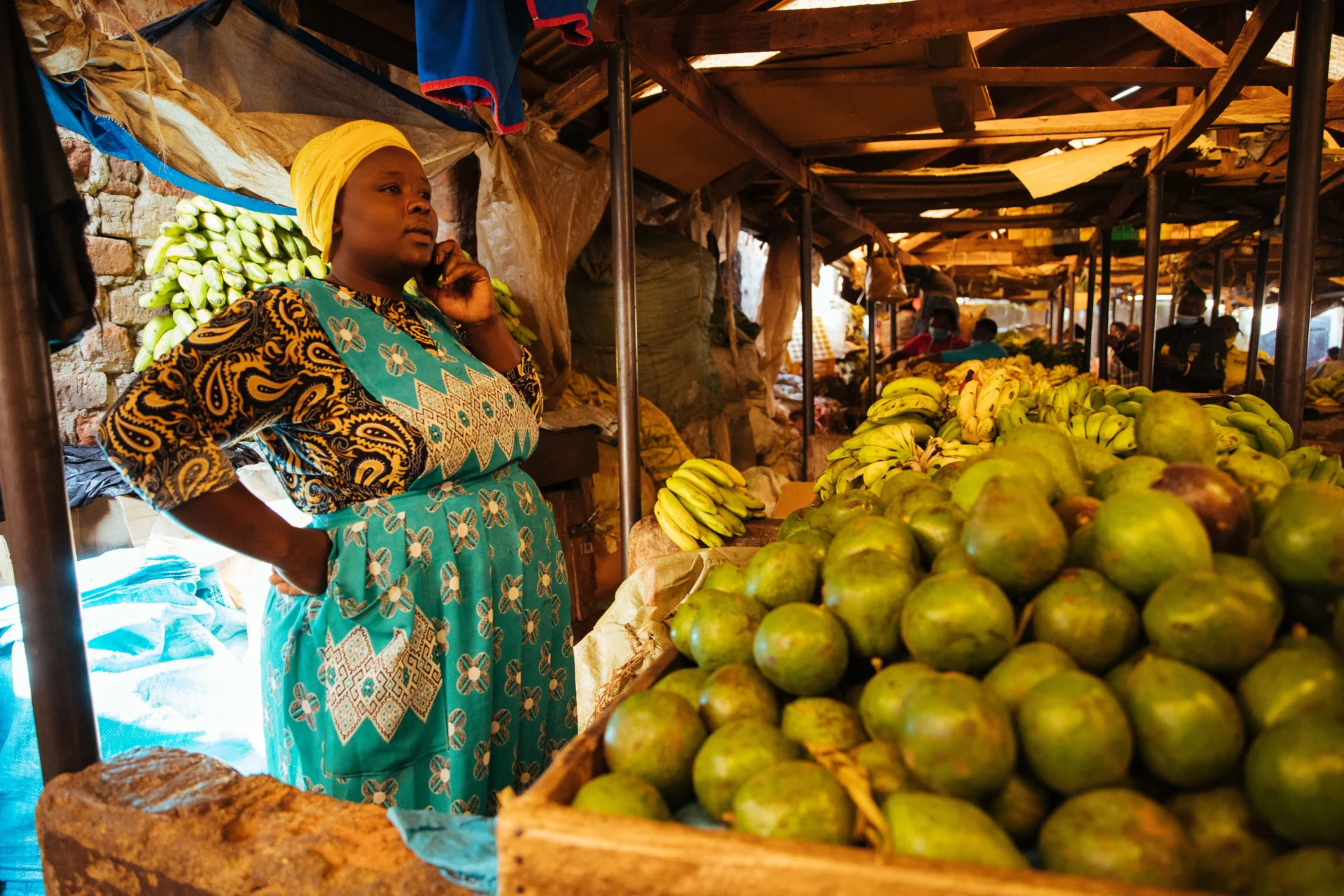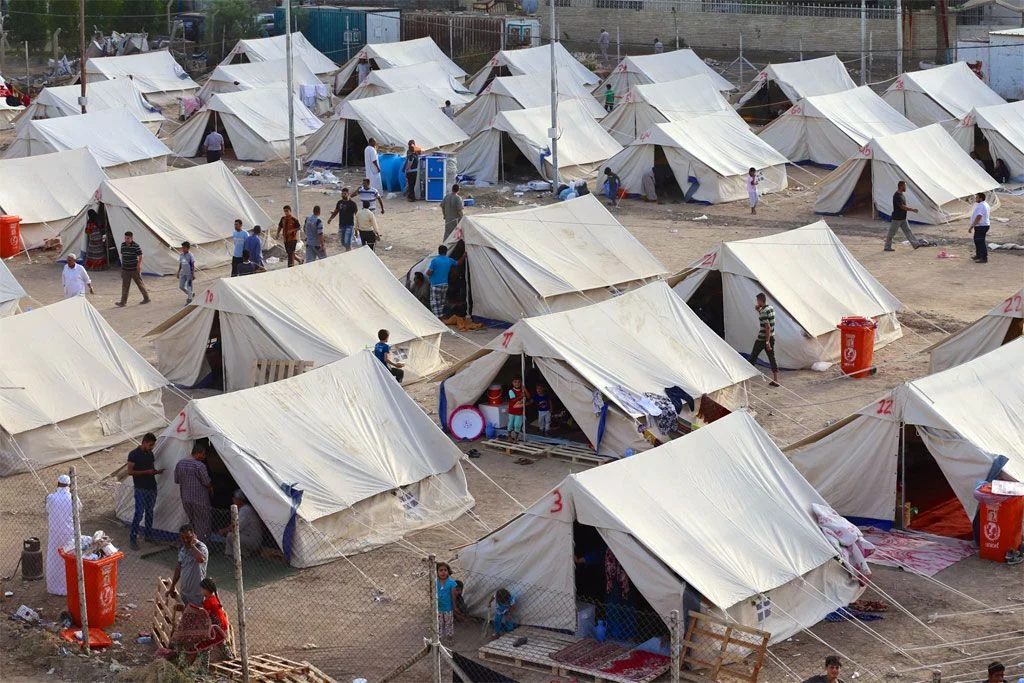Social research is critical to development, policymaking, and humanitarian impact. Yet, conducting research across diverse regions brings shared and unique challenges. From political resistance to data fatigue, mistrust, cultural barriers, and low literacy, these obstacles can skew data or halt research altogether.
This article explores the most common challenges in social research across regions, with real-world examples from Africa, South Asia, and Latin America, and offers practical tools and solutions from global experts at Insight and Social.
Before diving into the specific challenges, it’s important to understand that social research isn’t just about collecting data it’s about navigating human complexity. Researchers must balance sensitivity, ethics, and local dynamics while aiming for accuracy and impact. Whether in slums, refugee camps, or rural communities, certain roadblocks show up again and again, yet they can be addressed with the right approach.
Let’s explore the most pressing challenges in social research across different regions and how to effectively overcome them.
1. Political Resistance to Research

In some regions, especially conflict-affected zones or authoritarian regimes, governments may see independent research as a threat. For instance:
- In Zimbabwe, researchers have been required to get state-level clearance, delaying or halting critical surveys.
- In Pakistan’s tribal regions, surveys are sometimes viewed as foreign espionage.
Solution
- Work with local civil society partners to legitimize your work.
- Gain ethical clearance through local institutions.
- Use remote data collection (e.g., CATI or mobile surveys) in sensitive areas.
2. Data Fatigue Among Respondents

In humanitarian and development hotspots like Northern Nigeria, Rohingya camps in Bangladesh, or post-disaster zones in Haiti respondents are repeatedly interviewed by multiple agencies. This leads to low engagement, rushed answers, or refusals.
Solution
- Coordinate through inter-agency research platforms to avoid duplication.
- Offer incentives (monetary or community benefits).
- Keep surveys short, relevant, and community sensitive.
3. Mistrust of Researchers or Foreign Intentions
In parts of Latin America and East Africa, communities have grown wary of researchers who “collect data and disappear” without offering tangible benefits or feedback.
- In Guatemala, indigenous groups have resisted surveys over concerns about data misuse.
- In Tanzania, communities question the purpose of research tied to outside funders.

Solution
- Practice feedback loops share results with communities.
- Use local researchers who speak the language and understand the culture.
- Create community advisory boards for accountability.
4. Cultural and Linguistic Barriers
Social norms and languages vary not just across countries but within them. A question that makes sense in Nairobi may be offensive in rural Marsabit.
- In India, caste sensitivity affects how you ask household income questions.
- In Bolivia, indigenous dialects and traditions shape participation norms.
Solution
- Pre-test surveys in each local language and dialect.
- Train enumerators on cultural sensitivity.
- Use translation and back-translation techniques to maintain accuracy.
5. Low Literacy and Survey Accessibility
In regions with low literacy rates such as parts of Niger, Bangladesh, and rural Peru written or self-administered surveys are ineffective. Respondents may struggle with long questions or abstract terms.
Solution
- Use oral interviews or voice-based technology.
- Replace complex scales with visual aids or emojis.
- Keep questions clear, short, and non-academic.
Tools and Approaches to Overcome Regional Challenges
Insight and Social deploys innovative methods and partnerships to navigate these issues. Tools include:
- CATI (Computer-Assisted Telephone Interviewing) for insecure or low-literacy areas
- Mobile-based survey platforms like ODK and SurveyCTO
- Geo-tagging & AI transcription for quality control
- Participatory methods like community mapping and citizen reporting
- Human-centered design for better question framing
Global Insight, Local Sensitivity
At Insight and Social, we understand that social research challenges are complex but solvable. Our work across 43 African countries, South Asia, and Latin America proves that the key is combining global standards with local knowledge.
Partner with Insight and Social for culturally grounded, ethically sound, and impact-driven data collection in even the most complex settings.





